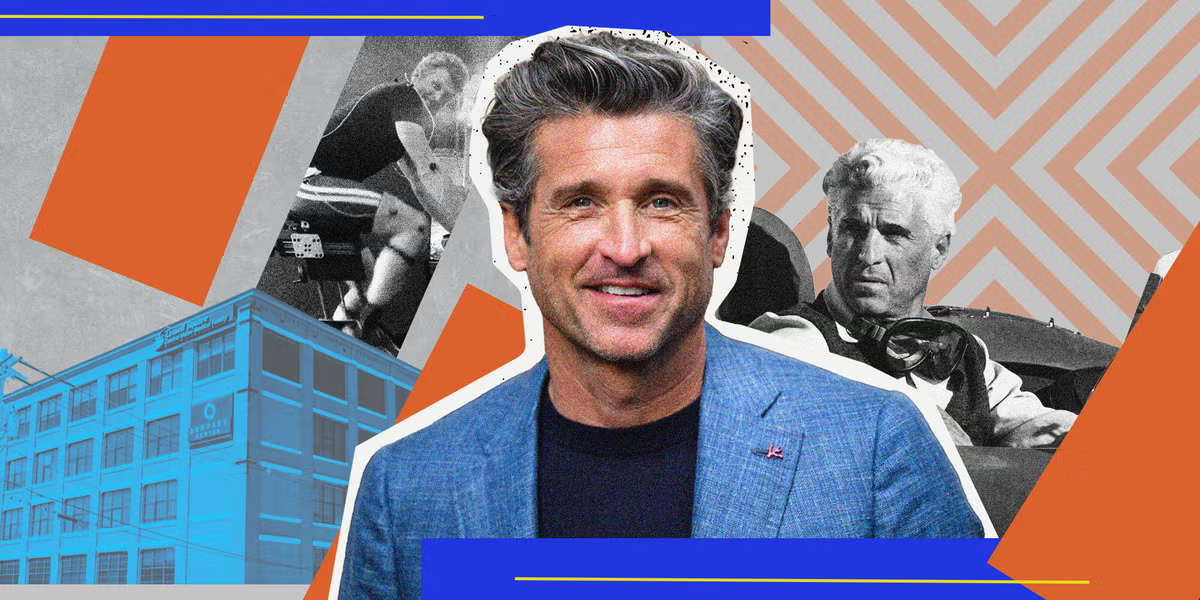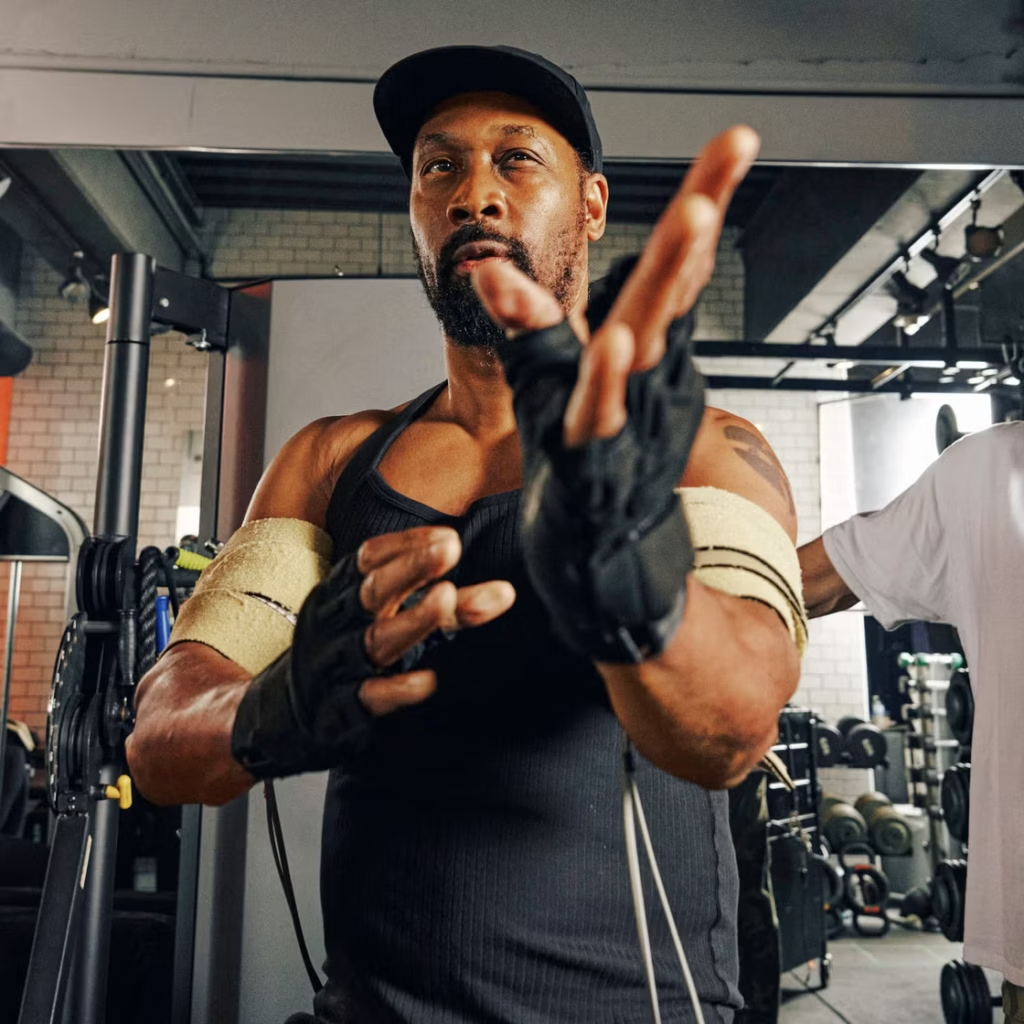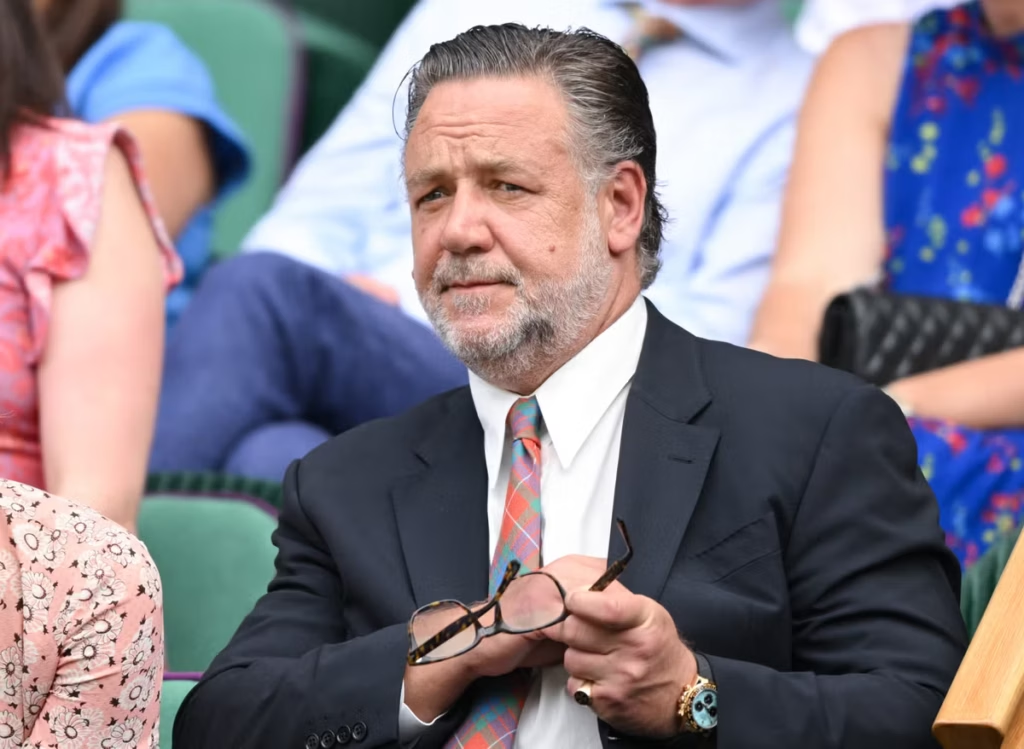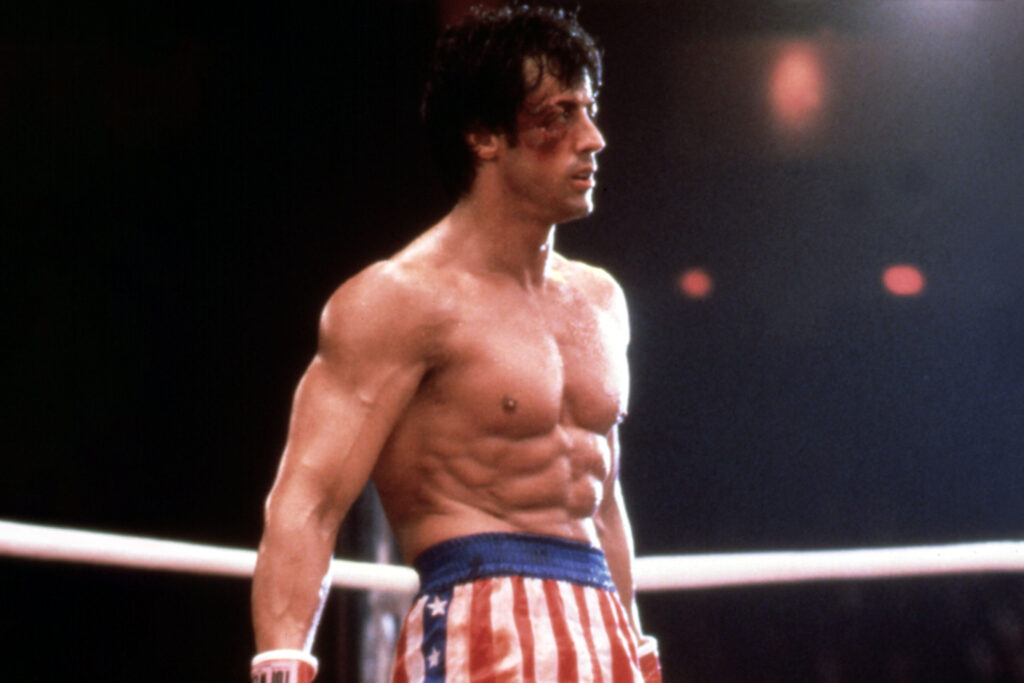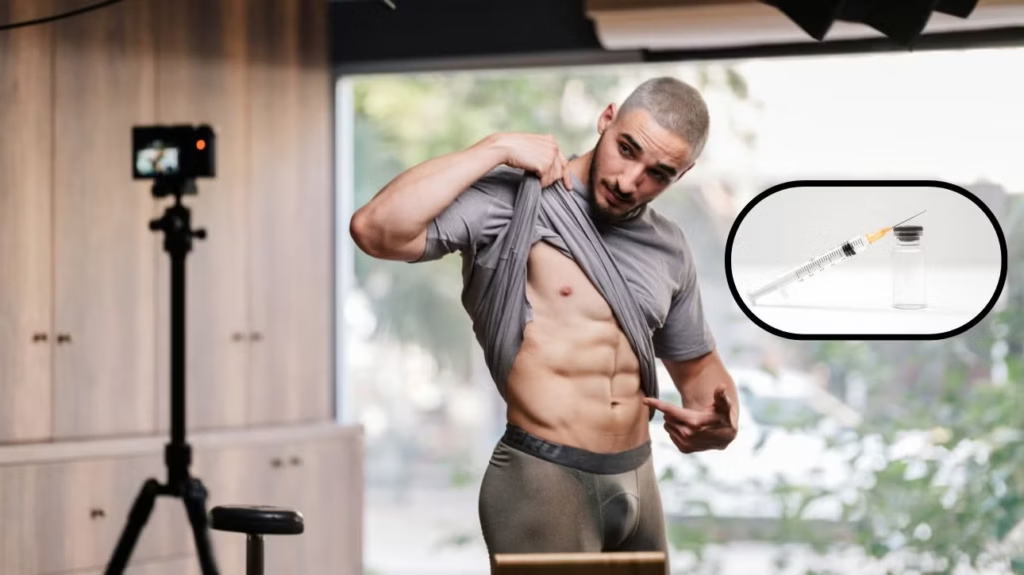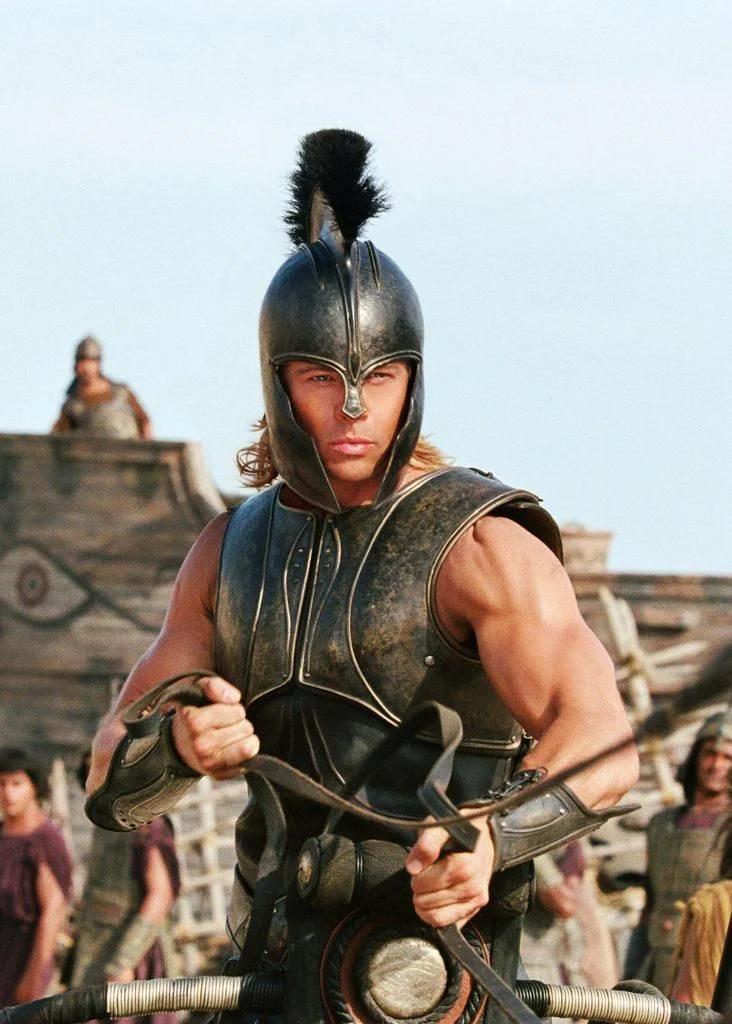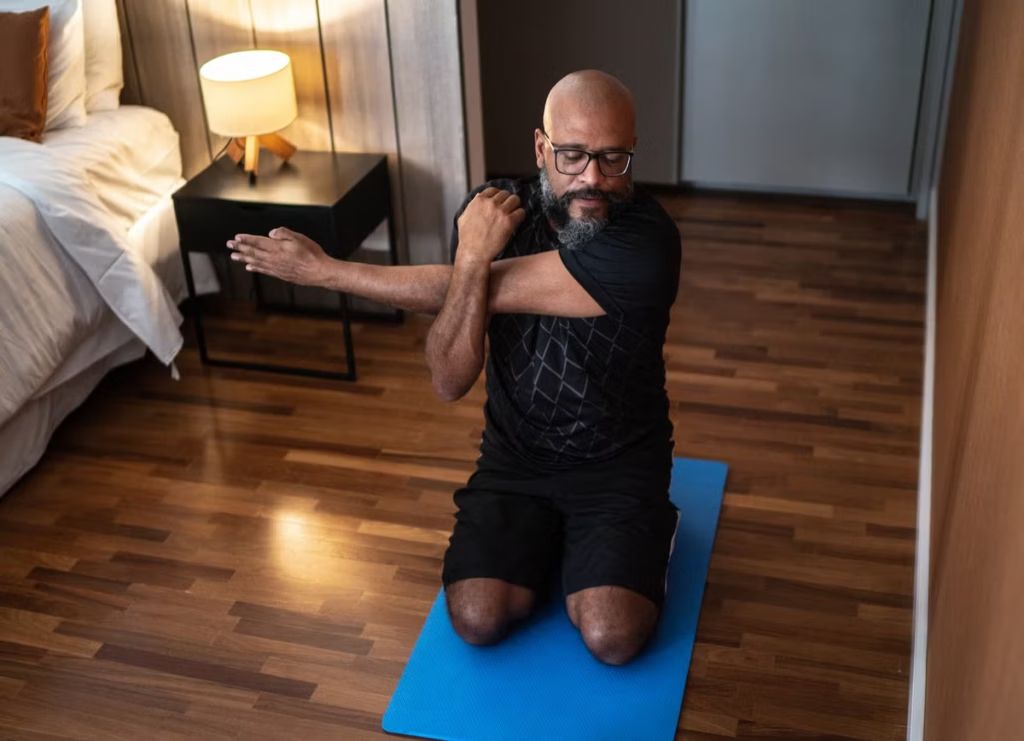BETWEEN PHOTO SHOOTS, ACTING gigs, and racing cars, Patrick Dempsey somehow still has time for his passion project – helping others become the healthiest version of themselves. When dealing with his mother’s cancer diagnosis in the early 90s, and navigating several reoccurrences since, Dempsey felt overwhelmed. “I felt useless,” he told Men’s Health.
In 2008, he opened the Dempsey Center, an integrative health center for those impacted by cancer in his hometown of Lewiston, Maine. The center helps those with cancer and their families navigate their new world. It also provides screening and preventive workshops to the community. In its recent partnership with the American Cancer Society, The Dempsey Center launched Change the Odds—an initiative aimed at closing cancer disparities in underserved communities.
As he approaches 60 himself, Dempsey is redefining what healthy looks like for him. We sat down with the actor to talk about how he’s safeguarding his future, and how he aims to inspire others to do the same.
I LOST MY father very early on in my life. He had heart disease. My mother was diagnosed with ovarian cancer in the late 90s. After, she had 12 reoccurrences over a 17-year period. So, my family history is a big reason I focus on my health. Because of my genetic history, I make sure I get regular cancer screenings. I feel like it sets me up to stay healthy. I actually did some of my screenings this week, and I’ve got my colonoscopy next month. It’s all scheduled. I think that it’s really important for people to talk to their parents, grandparents, and family to understand what their medical history is. If it’s in your genes, you can prioritise screenings to make sure you get in front of it. One in three women will have a diagnosis of cancer diagnosis in their lifetime, and one in two men will. Those numbers are really quite sobering, which is why it’s so important.
Of course, that’s much harder to do in rural communities. We’re losing a lot of our rural hospitals, so it’s a much longer journey to get to a doctor, and that prevents a lot of people from doing it. In my childhood, for us to get to the local hospital, if there was an issue, it would be an hour in the car to get there, at least. I know a lot of people I grew up with that ended up falling ill, and had they been screened earlier, they would have survived. I’ve lost a lot of friends, and a lot of people that I grew up with because of that. That sort of motivates me to get the word out there. That was part of my inspiration around opening the Dempsey Center; to provide access to more integrative care in the rural parts of Maine, where my mother was being treated. It’s more then regular healthcare; we do counseling, Reiki, acupuncture, massage, nutrition workshops, prevention screenings, and survivorship counseling.
As for my own health, like I said, knowing family history is important. I have a history of high cholesterol, so I have to really watch what I eat, watching my saturated fats. That, and staying on top of my exercise keeps me healthy.
Exercise is key. That’s really, really important to me. I’m a big cyclist—we even put together the Dempsey Challenge, a run and bike race that raises money for the Center. And, you really only need a little exercise everyday—even just 20 minutes helps. The more you do, the better you start to feel psychologically. You feel so much better. It relieves stress. It calms the mind down, regardless of how you’re moving.
I love to race [cars], and that’s a very physically demanding sport. So it forces me to train. I have a now a balanced schedule where I can do my work and be present for my family, and at the same time have a race or an event as a goal to work towards. That helps me a lot. I always recommend that for people: Find an event that you want to do each year and work towards that, and that gives you a reason to train. It can be hard to stay motivated otherwise—at least for me.
Getting a group together helps, too. If you get a team together, it’s much easier to stay motivated when you’re keeping each other accountable. Some days you feel really energized, and some days you’re like, ‘Oh, I just do not want to do this.’ But, of course, by the time you finish your workout, you feel really good. Sometimes you just need to grind it out, and having others to push you helps you get there.
This article originally appeared on Men’s Health US.
Related:




